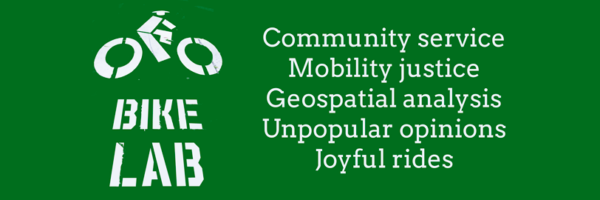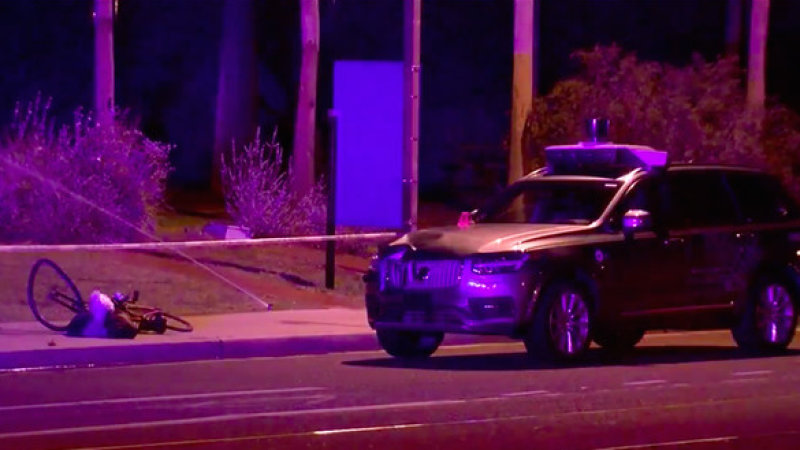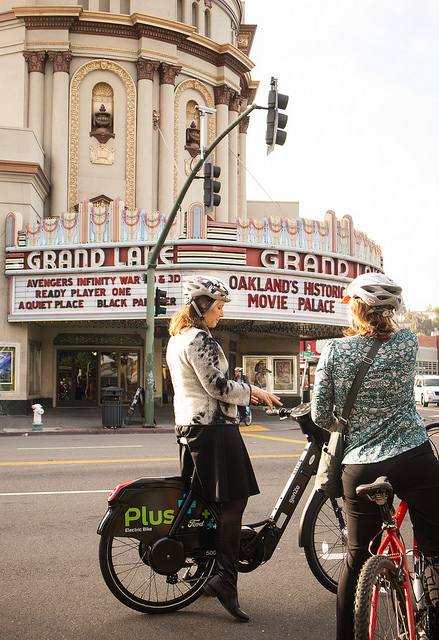In the months after George Floyd was killed in a bike lane, just about every organization in the cycling world made some sort of statement about racial justice. We’ve just passed the three-year anniversary of that tragedy, and with few exceptions it seems like those orgs have returned to business as usual, without substantially engaging with the problem of how to truly enact practices of diversity, equity and inclusion.
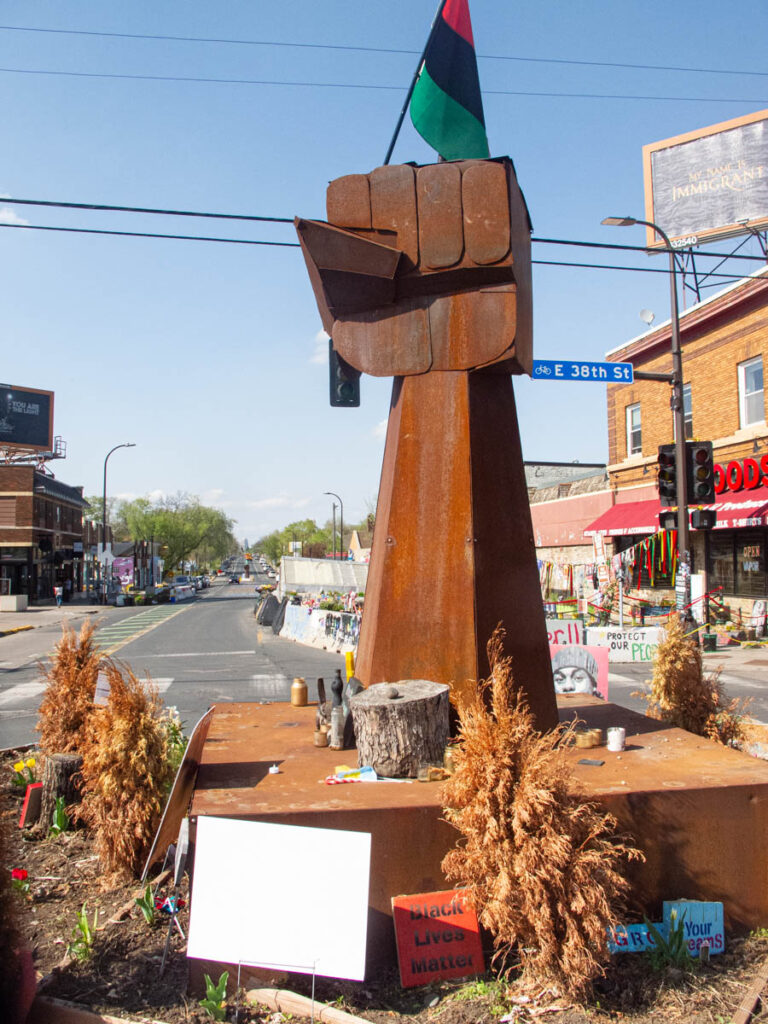
AIDS/LifeCycle is one such organization. One of the largest charity bike rides in the world, 2,000+ AIDS/LifeCycle cyclists raise over $15M/year, with proceeds split between the San Francisco AIDS Foundation and the Los Angeles LGBT Center. It’s a well-intentioned effort, and powerful in both the cycling and philanthropy worlds. As with most spandex cycling sub-cultures, AIDS/LifeCycle riders are predominantly white and male, and as with any sub-culture that’s predominantly white and male, there’s a lot of gatekeeping preventing outsiders from feeling welcome.
Last year Backwards Brian, a local legend from Oakland who’s sponsored by Rich City Rides, was booted out of the AIDS LifeCycle SF-to-LA ride for riding backwards, which is what he does. If you’ve been at any East Bay group rides in the past few years, you’ve probably witnessed his amazing skills.
Brian had planned for the event for months and fundraised over $3,000, and told the organizers that he was going to ride backwards the whole way. But some person at the first rest stop (almost certainly a white dude) pulled him out of the ride and wouldn’t let him continue.
Some of the other folks from the Rich City Rides team tried to intervene on his behalf during the event, to no avail. After the ride, Rich City led an effort to get some response from the ride organizers, and facilitated a meeting between them and Brian, but no public statement was ever made.
Rich City did the best they could do, but I’ve been really disappointed with the lack of support from the larger Bay Area and California bike organizations, who don’t appear to see that addressing injustices like this should be central to their DEI work (and, I would argue, their work in general).
Inclusion is inclusive
I often return to this quote from Peggy McIntosh:
[W]hites are taught to think of their lives as morally neutral, normative, and average, and also ideal, so that when we work to benefit others, this is seen as work which will allow “them” to be more like “us.”
White Privilege: Unpacking the invisible knapsack
The San Francisco AIDS Foundation, one of the beneficiaries of AIDS LifeCycle, has this statement about health justice:
Health justice is reached when all people possess the economic, social and political power and resources to make decisions about their bodies and health — regardless of identities and experiences. Health justice envisions a world free of stigma and places value on our intrinsic uniqueness and resilience.
The statement is pretty good, but it runs into the problem of whiteness, which is that we’ve been trained to believe that the way we do things is the correct way to do things. In the abstract, we can embrace “intrinsic uniqueness”; in reality, it’s harder to grapple with the fact that uniqueness leads people to have their own unique (and different) ideas about how things should be done.
Enforcement of behavioral norms rooted in whiteness is a form of exclusion. Bike sub-cultures are rife with gatekeeping, and AIDS LifeCycle’s culture is very much grounded in the norms of lycra club rides. Their training places a lot of emphasis on rules, most of which have only a tenuous relationship to real safety issues. I once had the experience of touring on Highway 1 at the same time as AIDS LifeCycle, and I’ve never had so many people tell me I was doing it wrong. There’s more than one way to be safe on a bike, so who are you all to tell me, an experienced bike tourist, that your way is the only correct one?
Not only does it put unassimilated persons…at a severe disadvantage in the competition for scarce…resources, but it requires that persons transform their sense of identity in order to assimilate. Self-annihilation is an unreasonable and unjust requirement of citizenship. The fiction, poetry, and songs of American cultural minorities brim over with the pain and loss such demands inflict, documenting how thoroughly assimilationist values violate basic respect for persons.
Iris Marion Young, Justice and the Politics of Difference (1990), p.90
Backwards Brian shouldn’t have to assimilate by riding the way the people running AIDS LifeCycle think he should. He’s found a unique way to ride; one that motivates him to get out and try new challenges, such as a 450-mile ride from SF to LA. Brian has inspired many others to explore their own unique ways of being part of a cycling community (including more than one backwards rider).
Those of us in the cycling world who are concerned about social justice must find ways to support Brian, and others like him, and to ensure that injustices against Black and brown cyclists are confronted. We need to push our structures to be inclusive of Brian, and the Roll Out Crew, and the Scraper Bike Team and others who come to cycling from BIPOC communities. We need to meet them where they are, not expect them to assimilate into the dominant cycling culture.
Otherwise, we’re the ones getting it backwards.
Responses from bike advocacy
Unfortunately, mainstream bike advocacy has not done much to include and support Brian. We’ve been willing to cheer him on individually, and to use his image to promote events like Bike to Wherever Day, but now, when there was an opportunity to address an injustice done to an inspirational young Black man, here’s what our bike coalitions had to say:
Same old, same old, dozens of tweets about infrastructure and Copenhagen. Not a single mention of Brian’s situation, no replies or retweets of Rich City calling attention to the issue. No one from Bike East Bay or the CA Bike Coalition offered to be in the meeting with AIDS LifeCycle. They don’t view Brian’s riding as part of what they’re advocating for.
These organizations spend most of their time and effort attempting to build political capital. Who is that capital benefitting?
Opening the gates
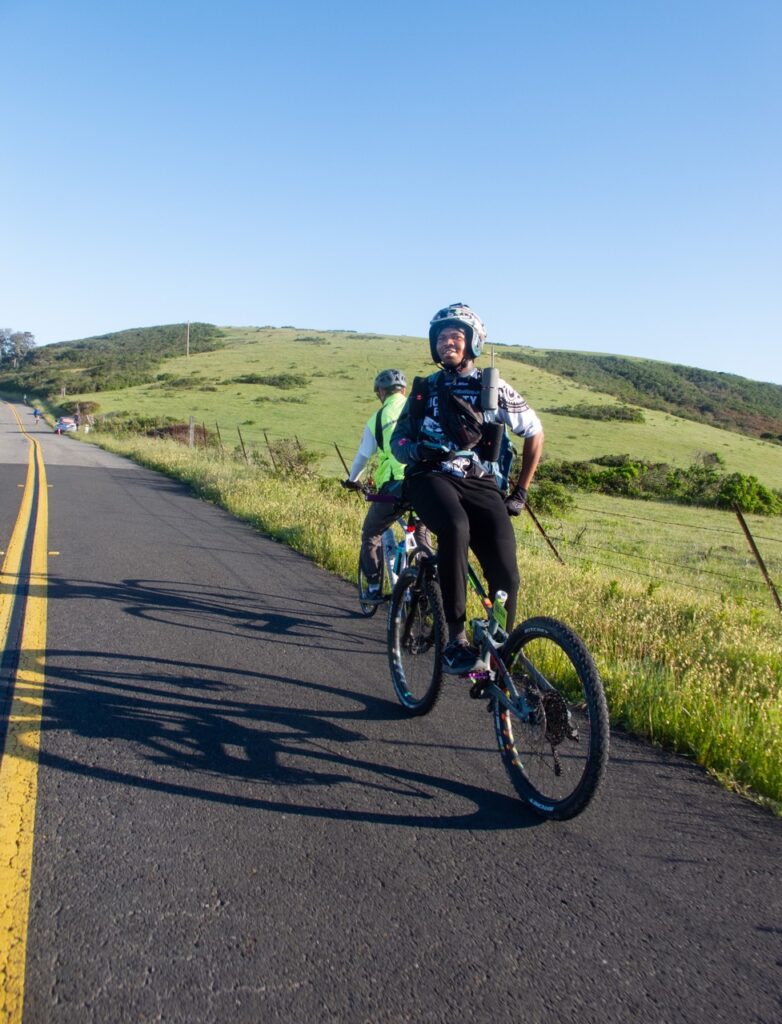
Recently, I had the privilege to accompany Brian and the Rich City Rides team to the Climate Ride Green Fondo, a two-day fundraising event in Marin. I talked with some of the organizers about their decision to allow Backwards Brian to join after hearing about what happened with AIDS LIfeCycle. They were initially uncomfortable, and had to go through their internal processes to check whether what he was doing is legal (it is) or against their insurance (it’s not). To Climate Ride’s credit, they were willing to sit with the discomfort for a while, work through it, and eventually let Brian do his thing.
Brian accomplished the incredible feat of riding a century on Saturday, and a metric century on Sunday, both with lots of climbing, while riding backwards. And you know what? Ask anyone who was there and they’ll tell you that Brian’s participation was the highlight of the weekend. He’s what participants will talk about when they reminisce about the event. Frankly, by including Brian, Climate Ride benefitted more than he did.
Can we foster that kind of inclusion throughout the bike world? Can we stop gatekeeping about behaviors and equipment and clothing and body type and skill and strength, and just let people enjoy riding in whatever way makes sense to them? Can we advocate for all the ways that people ride bikes, not just the way they ride in Northern Europe?
I’m pretty sure we’d all benefit.
By the way, if you want to support Brian’s efforts, Climate Ride is still accepting donations which benefit Rich City Rides.
